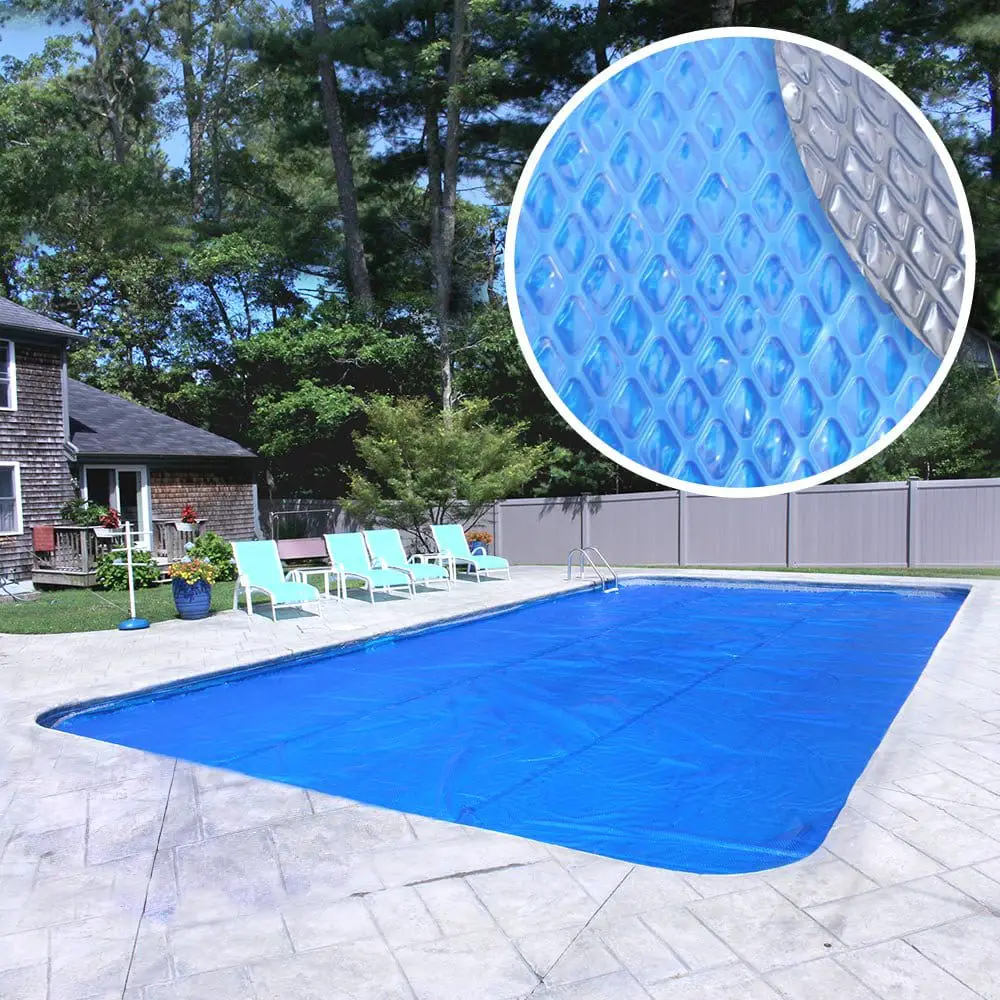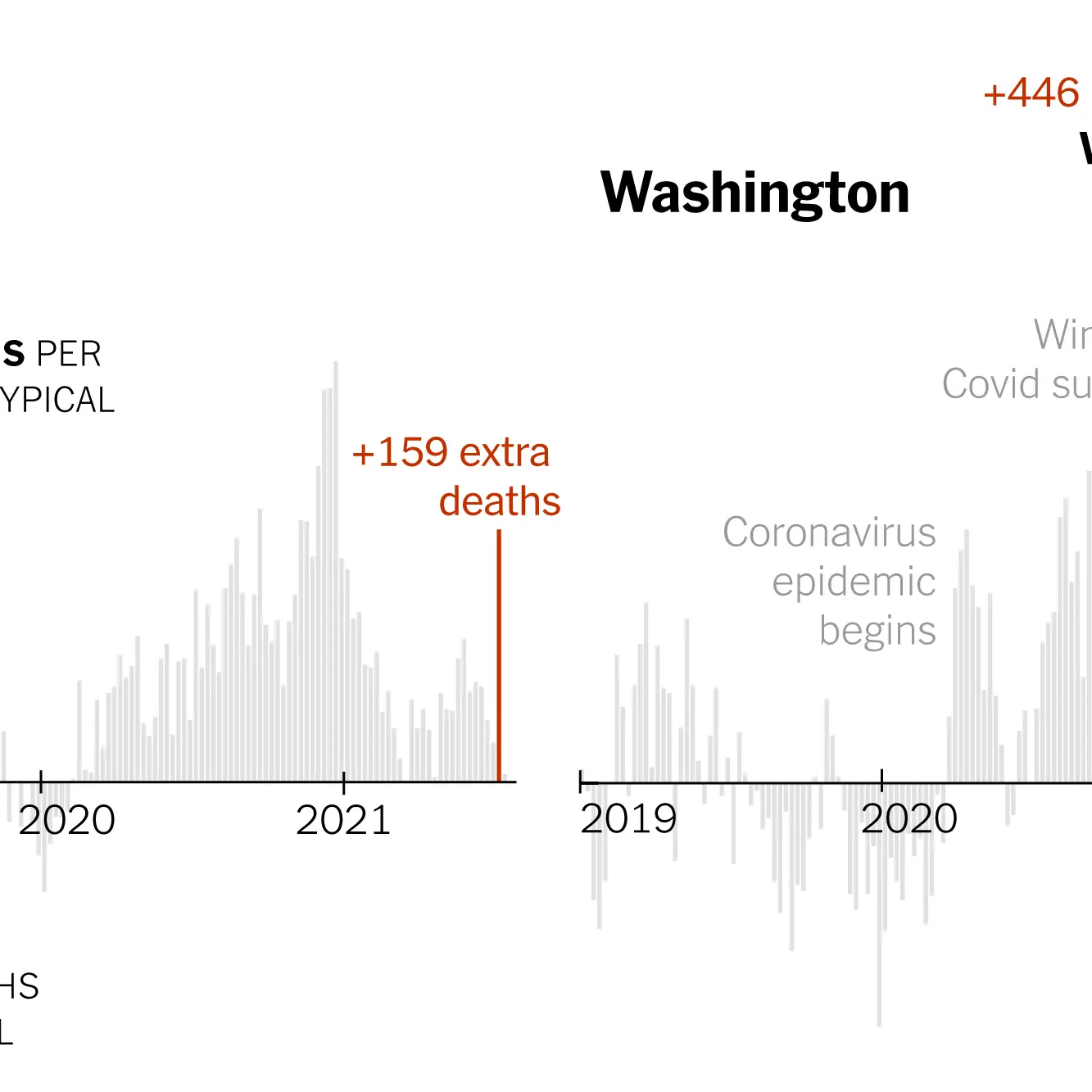Federal Investment Tax Credit
The federal investment tax credit for solar is one of the most popular and successful solar incentives ever, responsible for growing the solar industry by more than 10,000%. The ITC was enacted in 2006 and has been extended several times, with another extension possible.
Currently, homeowners and business owners who install a new solar energy system at their properties can deduct 30 percent of the total cost of installing their system from their federal income tax liability amount until 2032 then it decreases each year. See below:
Residential Solar Tax Credit
- 2035 & Beyond 0%
Commercial Solar Tax Credit
- 2035 & Beyond 0%
What if my tax credit exceeds my federal tax liability?
If the credit amount exceeds your federal tax liability amount for the year, you can rollover unused credit to subsequent years, so long as the tax credit is still in effect.
With the average gross price of a residential solar energy system in Washington at $13,750, a 30% tax credit equals $4,125 in savings!
Net Energy Metering In Washington
Washington Solar Net Metering is a solar incentive that essentially allows you to accumulate credits for the energy that your panels produce in the power grid so that you can use it anytime as opposed to only when the panels are generating energy. This means that although solar panels produce the most energy during the day when most people are at work or school and not home to use that energy, it does not go to waste.
Rather, you can sell the energy to the electrical utilities power grid and be compensated with credits on your account. Then when you use power in the evenings or on days when your panels arent producing, your credit will be applied against the grid power that you use.
This is also helpful since you can bank credits during the summer months when solar panel production is high and the energy consumption is generally lower, and then use the credits to keep your power bill low even in the winter months when solar production is decreased and the energy consumption is increased.
Washingtons Community Solar Outlook
Community solar in Washington has looked different from the competitive, subscription-based programs in other states due to limiting rules and policies. One shortcoming has been the states limited flexibility in ownership structure. Flexibility, one of ILSRs four principles for successful community renewable energy, is necessary for a competitive community solar market. Washingtons rules, in contrast, limit community solar ownership to utilities, non-profits, and tribal housing authorities.
Lack of flexibility does not preclude the program from having meaningful benefits, as non-profit organizations have jumped on the opportunity to bring solar to their communities.
In November 2020, Olympia Community Solar installed 297 solar panels onto the rooftop of the Hands on Childrens Museum in downtown Olympia, creating the Hummingbird Project. Instead of receiving credits on their electricity bill, customers make a one-time block purchase of $300 to buy a solar unit. Then, participants are sent back the value of their units electricity production or they can donate their unit to a local non-profit. Additionally, instead of receiving the value of their electricity production directly from the utility, customers are reimbursed by Olympia Community Solar. Despite this unique model, the Hummingbird Project is the largest community solar project in Thurston County, with 800 solar units generating enough energy to power 12 homes.
You May Like: What Type Of Batteries For Solar Lights
Solar Tax Credit Eligibility
You can qualify for the ITC as long as your solar system is new or being used for the first time between January 1, 2006 and December 31, 2023. Unless Congress renews the ITC, it expires in 2024.
Other requirements include:
- You must own the system outright
- The system must be located in the United States
- The system must be located at your primary or secondary U.S. residence or for an off-site community solar project
Solar Income Tax Credit And Other Government Incentives

If youve been on the fence about switching to solar energy, there may be a financial incentive offered by the government that seals the deal for you. Right now, the best solar incentive is the Federal Tax Credit, or ITC, which is available to all U.S. homeowners. As of 2022, this federal incentive allows you to claim the credit when you buy a solar energy system you can currently credit up to 30 percent of your spending on the purchase and related installation costs. This tax credit value is applicable if the system is placed and in service before December 31, 2032.
However, if you choose a no cost solar program or PPA, your installer will get this credit instead of you. For example, if the system on your roof costs $10,000, the ITC would award $3,000 to the system owner however, because the installer would technically own the system, theyd receive that money. Essentially, youd be missing out on one of the key financial benefits of investing in renewable energy.
Read Also: How Much Do Solar Installers Make
Washington State Production Incentive Program
The Washington State Renewable Energy System Incentive Program is a production-based financial incentive for customers with solar, wind, and bio-digester generating systems. PSE voluntarily administers this state incentive to qualified customers. In order for a customer-generator to participate they must:
- Be a PSE customer with a valid interconnection agreement with the PSE for the operation of their grid-connected renewable energy system.
- Have a system that includes production metering capable of measuring the energy output of the renewable energy system.
- Be certified by the Washington State Program Administrator as eligible for annual incentive payments.
Annually, PSE will measure and report the kilowatt-hours generated by participants renewable energy systems and make incentive payments to eligible customers as determined by the Washington State Program Administrator. Individual participant eligibility for a given rate, term, payment limit, and incentive payment amounts will be determined by the Washington State Program Administrator.
IMPORTANT NOTE ABOUT PRODUCTION INCENTIVE AVAILABILITY
If earning the state incentive plays a crucial part in your decision to invest in solar energy, we encourage you to learn more about the availability of incentives at energy.wsu.edu/RenewableEnergySystemIncentiveProgram and discuss the risks and project timeline with your installer.
Solar Investment Tax Credit
The federal government first enacted a solar investment tax credit in 2006. The ITC allows a person that installs solar panels on the roof of their home or business to claim a dollar-for-dollar reduction in the income taxes that they would normally pay to the federal government.
The amount of this reduction is currently capped at 26% of the amount invested in the solar array. The 26% reduction will stay in place for all projects that begin construction before Dec. 31, 2022. It will then drop to 22% for projects that begin construction in 2023. On Jan. 1, 2024, the ITC is scheduled to expire for residential customers, and drop to 10% for commercial customers.
The Solar Energy Industries Association has a website explaining the ITC, while the federal Department of Energy has .
Don’t Miss: What Can A 600 Watt Solar Panel Power
Washington State Solar Incentive Program
A proposal for a low-income solar energy program was passed by the Legislature and signed into law on March 30, 2022. House Bill 1814 funds a revised version of Washingtons exhausted solar energy incentive program. In addition to solar for low-income households and service providers, the new program may also fund community solar subscriptions for low-income recipients.
| The Sunflower Community Solar project at the Olympia Farmers Market. Organized by Olympia Community Solar, this non-profit community solar project is owned by 58 community members including 12 local non-profits that received donated subscriptions. The project is 74 kW and include 298 made-in-Washington Silfab Solar panels. |
Editor’s Note: On July 21, representatives from the Washington Department of Commerce and from Washington State University will discuss early progress developing these programs, share expected timelines, and gather feedback as part of Solar Washington’s next webinar: Funding Preview: New State Funding Programs
Frequently Asked Solar Financing Questions
DO BANKS OFFER ZERO-DOWN FINANCING?
Yes, many of the banks and credit unions we recommend working with offer secured and unsecured loans with no money down financing.
IS FINANCING AVAILABLE FOR SMALL BUSINESSES?
Yes, though this is admittedly harder to secure than financing for solar on your home. Our commercial projects team has helped clients secure financing for their business and can speak with you about financing options.
DO THE FINANCING PROVIDERS KNOW ANYTHING ABOUT SOLAR?
Yes, and they love it too! The credit unions and banks we work with are enthusiastic about solar and are comfortable talking about the technology too. Chances are, the lender you work with has already financed hundreds of other similar systems.
WHAT KIND OF CREDIT SCORE IS REQUIRED?
Several lenders we work with accept credit scores as low as 600. Higher credit scores generally result in lower interest rates. We are actively working on additional financing resources to make solar accessible to as many people as possible.
WHAT ABOUT SAME-AS-CASH OPTIONS?
No, and we recommend being extremely cautious about same-as-cash financing.
Additionally, these same-as-cash loans typically require the installer to pay fixed upfront fees to the lender, which get passed on to the consumer in the form of higher system costs. While we want to encourage as many people to go solar as possible, we want to do so responsibly and in the fairest way for the customer.
Also Check: Best Solar Panel Companies In Florida
Renewable Energy System Incentive Program
In 2017, the State Legislature approved the Washington State University Energy Program to administer a Renewable Energy System Incentive Program. The program provides incentive payments for renewable energy systems owned by residential and commercial utility customers, as well as community solar installations.
As of June 2021, the program is fully subscribed, with a waitlist pending additional funding from the Legislature. The enrollment period for the current program ends on June 30, 2021.
More information can be obtained from the WSU Energy Program.
Climate Pledge Arena Solar A Close Up Look
A 1.2 MW solar installation is officially complete at the new home of Seattleâs Kraken hockey team, the Climate Pledge Arena! The Climate Pledge Arena solar PV system consists of solar panels on 3 separate arrays, located on the Alaska Airlines Atrium (225â¦
ABOUT ARTISAN ELECTRIC
Artisan Electric is a full-service solar and electrical contractor based in Seattle. Since 2007, Artisan Electric has helped shape the Puget Sounds energy future. We do this by educating communities, simplifying processes and creating solar energy solutions that are both practical and elegant.
Artisan Electric
Recommended Reading: Where To Buy Sol Coin
Is The Washington State Solar Production Incentive Still Available
Currently, there is no production incentive program in Washington state that offers direct cash payments worth up to 50 percent of the total cost of the solar energy system. These payments were based on the gross amount of solar energy an individual solar panel installation created. This program ended in 2018 due to funding restrictions.
Light And Power Businessliability

RCW 82.16.150
Owners of a community solar project as defined in RCW 82.16.110 and must agree to hold harmless the light and power business serving the situs of the system, including any employee, for the good faith reliance on the information contained in an application or certification submitted by an administrator or company. In addition, the light and power business and any employee is immune from civil liability for the good faith reliance on any misstatement that may be made in such application or certification. Should a light and power business or employee prevail upon the defense provided in this section, it is entitled to recover expenses and reasonable attorneys’ fees incurred in establishing the defense.
Don’t Miss: How Big Is One Solar Panel
Solar Tax Credits Rebates And Incentives In Washington
Now is the time to go solar in Washington! Equipment prices have dropped to record levels, and generous government credits, rebates and incentives are available to homeowners investing in solar.
- Federal solar tax credit of 30% of your systems cost between 2022-2032
- A tax credit is a dollar-for-dollar reduction of the income tax you owe
- Washington residents pay no sales tax on typical residential solar energy systems
These incentives wont be around forever, so contact us or give us a call at 707-9937 to start your journey to clean, limitless energy!
Are Free Solar Panels Really Free
In this EcoWatch guide on free solar panels, youll learn:
- Who pays for the free solar panels
- How you can get solar panels for no money down
- What some legitimate solar financing options are
This guide has helped thousands of homeowners to avoid getting taken advantage of when going solar and provided them with actual ways to save money. Lets get started!
Why You Can Trust EcoWatch
We work with a panel of solar experts to create unbiased reviews that empower you to make the right choice for your home. No other site has covered renewables as long as us, which means we have more data and insider information than other sites.
Jump to Section:
Read on for a full explanation of free solar panels marketing scheme. Or, if youre ready to get a legitimate quote from a reputable national provider, you can click one of the below buttons to get started.
- Most efficient panels on the market
- National coverage
- Cradle to Cradle sustainability certification
- Great warranty coverage
- Customer service varies by local dealer
Services Offered
- Doesnt offer solar batteries
Services Offered
Read Also: Solar Powered Cell Phone Charger
You May Like: Where Can I Buy Shoe Soles
We Offer Free Grant Writing
We in-house writing the grant to ensure you have the best possible opportunity to be awarded. This costs nothing to you. We work diligently to secure business grant funding for many projects in a competitive system.
You may also decide to write the grant yourself. Some larger organizations have their own teams of grant writers and prefer that. We will still assist when called upon to provide consultation.
Solar Loans In Washington State
Clark Public Utilities customers in Washington can apply to its Solar Loan Program to access low-interest loans, up to $30,000. Loan interest rates are currently set at 4.99%, with loans up to $10,000 payable within five years, and loans over $10,000 payable in seven years. Loans for solar installations on manufactured homes are limited to $7,500.
You May Like: Is Pine Sol A Degreaser
System Owners Generally Have Higher Income Levels Than The Median In Their Counties Their Income Has Increased Since 2015
JLARC staff used data from the Department of Commerce to summarize the financial characteristics of borrowers taking out loans for solar energy systems. The dataset includes 3,679 loans made by one lender between 2015 and 2020. Not all borrowers are RESIP participants, but the data provides general characteristics of individuals borrowing money to install solar energy systems in the state.
According to this lending data, the median income of borrowers increased by $22,500 between 2015 and 2020, from $120,000 to $142,500. On average, borrowers earned 180% of the median income in their counties. The actual average income of households installing solar could be higher. This data is based on the primary borrower and may not include the total household income if other members did not sign the loan. It also does not include individuals paying cash or using other financial mechanisms to install solar.
The lender reported that its lending decisions are not based on income from RESIP participation. Because incentive payments begin after systems are installed, RESIP does not reduce the up-front cost to install solar.
Is Solar Worth It In Washington State
As weve covered, there are many different solar incentives in Washington state available to both homeowners and business owners in the state of Washington. These incentives combined with ever-improving solar technology that can produce energy even on overcast PNW days mean that investing in solar energy for your home or business can certainly be worth it in Washington.
Plus, Washington is committed to reaching 100% clean energy by 2045, so making the switch now will put you ahead of the game. At Precision Solar, we specialize in solar energy for the Pacific Northwest and can help you determine if your property is suitable for solar.
Recommended Reading: How Long Does It Take To Install Solar Panels
How Much Does It Cost To Go Solar
Considering solar for your home or business? Get a quick and easy solar panel cost estimate with our simple solar calculator.
Answer a few questions to get a tailored solar estimate based on your location and energy usage. The calculator takes the federal tax credit into account . Well also highlight a few solar kits in our shop that match your needs.
Am I Eligible To Claim The Federal Solar Tax Credit

You might be eligible for this tax credit if you meet the following criteria:
- Your solar PV system was installed between January 1, 2017, and December 31, 2034.
- The solar PV system is located at a residence of yours in the United States.
- You own the solar PV system .
- Or, you purchased an interest in an off-site community solar project, if the electricity generated is credited against, and does not exceed, your homes electricity consumption. Notes: the IRS issued a statement allowing a particular taxpayer to claim a tax credit for purchasing an interest in an off-site community solar project. However, this document, known as a private letter ruling or PLR, may not be relied on as precedent by other taxpayers. Also, you would not qualify if you only purchase the electricity from a community solar project.
Don’t Miss: Can You Recycle Solar Panels